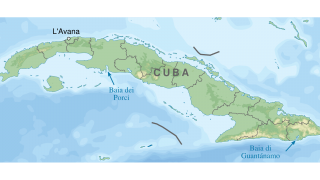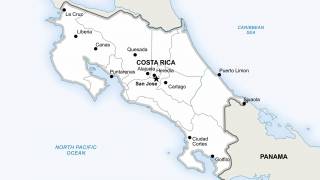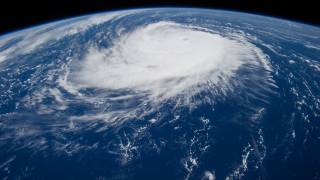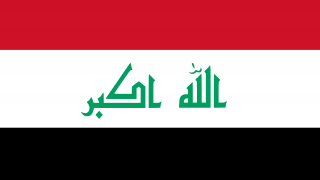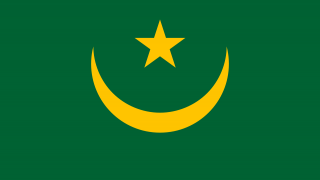Philippines Vaccinating Over 9 Million Children Against Polio
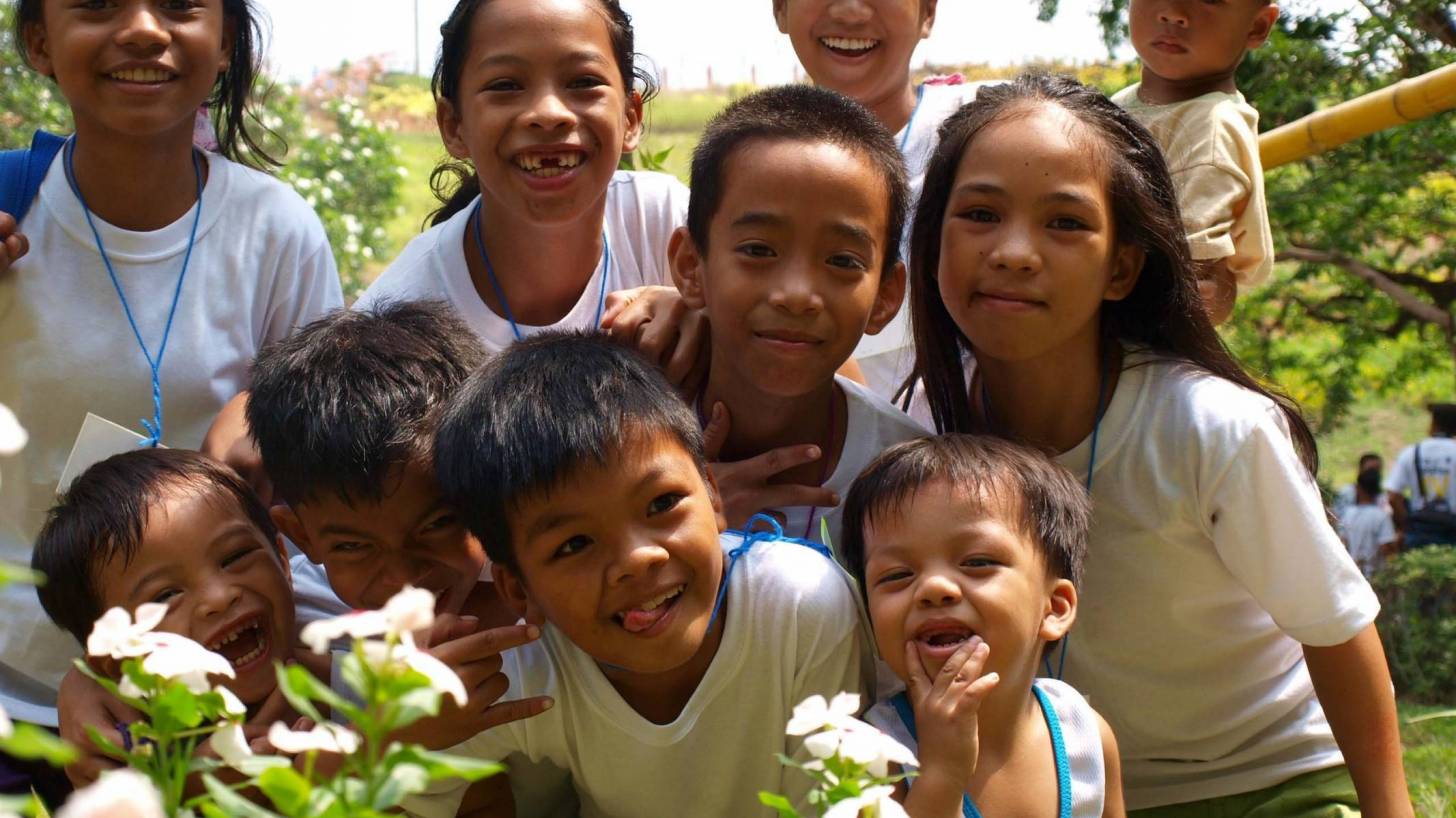
The Department of Health (DOH) confirms that Poliovirus is re-emerging in the Philippines, 19 years after the country was declared polio-free by the World Health Organization (WHO) in 2000.
As of October 8, 2019, the WHO currently assesses the risk of international spread from the Philippines to be ‘low.’
However, the risk of further spread within the Philippines is ‘high’ due to limited population immunity.
This is important news since about 6 million foreign tourists visited the Philippines during 2018.
During September 2019, the Philippines DOH declared a polio outbreak after 2 confirmed polio cases of vaccine-derived poliovirus type 2 (VDPV2). This outbreak is expected to spread rapidly due to the low level of population immunity against poliovirus type 2.
The environmental samples taken from Manila and Davao tested positive for both VDPV2 (2), as well as for VDPV1.
This is important news since circulating VDPV2 is highly contagious and is considered a public health emergency by the WHO.
A single confirmed polio case of VDPV2 or two positive environmental samples that are genetically linked isolated in 2 different locations is considered an epidemic in a polio-free country.
Polio is an infectious disease that spreads rapidly. It can cause paralysis and, on rare occasions, can be fatal. There is no cure for polio—it can only be prevented with multiple doses of polio vaccines that have long been proven safe and effective.
DOH, in close coordination with local government units and concerned national agencies, and with the support of WHO, the United Nations Children’s Fund (UNICEF), and other partners, is preparing a rapid response to the polio outbreak.
This includes a series of synchronized oral polio vaccinations to protect every child under the age of 5 years in areas at risk beginning in October 2019.
- DOH is planning 3 vaccination rounds targeting 6,650,308 under-five children with monovalent Oral Polio Vaccine against poliovirus type 2 (mOPV2) in affected areas.
- DOH is planning 2 vaccination rounds targeting 2,553,262 under-five children with bivalent Oral Polio Vaccine (bOPV) in the National Capital Region (NCR). Enhanced routine immunization with 3 doses of bOPV as well as inactivated poliovirus vaccine (IPV) nationwide is ongoing.
Vaccine-derived polioviruses are rarely-occurring forms of the poliovirus that have genetically changed from the attenuated (weakened) virus contained in the oral polio vaccine.
They only occur when the vaccine virus is allowed to pass from person to person for a long time, which can only happen in places with limited immunization coverage and inadequate sanitation and hygiene.
Over time, as it is passed between unimmunized people, it can regain the ability to cause disease.
When the population is fully immunized with both oral polio vaccine and inactivated polio vaccine, this kind of transmission cannot take place. The gut immunity in people immunized with oral polio vaccine stops the virus from being passed on, says the WHO.
The WHO recommends that all travelers and residents in polio-affected areas be fully vaccinated against polio.
Even if you were vaccinated as a child or have been sick with polio before, you may need a polio vaccine booster dose to make sure you are protected, says the US Centers for Disease Control and Prevention (CDC).
The CDC recommends that children get 4 doses of polio vaccine.
Furthermore, if you will be staying in polio outbreak countries for more than 4 weeks, the government may require you to show proof of polio vaccination before you leave the country.
Most people with polio do not feel sick. And, some people have only minor symptoms, such as fever, tiredness, nausea, headache, nasal congestion, sore throat, cough, stiffness in the neck and back, and pain in the arms and legs, says the CDC.
In the USA, there are various polio vaccines available, such as Kinrix and Pediarix.
Since 1979, no cases of polio have originated in the United States. This means that there is no year-round transmission of poliovirus in the United States.
Previously, the WHO also reported counterfeit versions of the rabies vaccine and rabies immune globulin in the Philippines.
Furthermore, there is a dengue fever outbreak in the Philippines, says the CDC.
Pre-trip, polio vaccine counseling appointments can be scheduled with a travel specialist at Vax-Before-Travel.
Polio news published by Vax Before Travel
Our Trust Standards: Medical Advisory Committee















